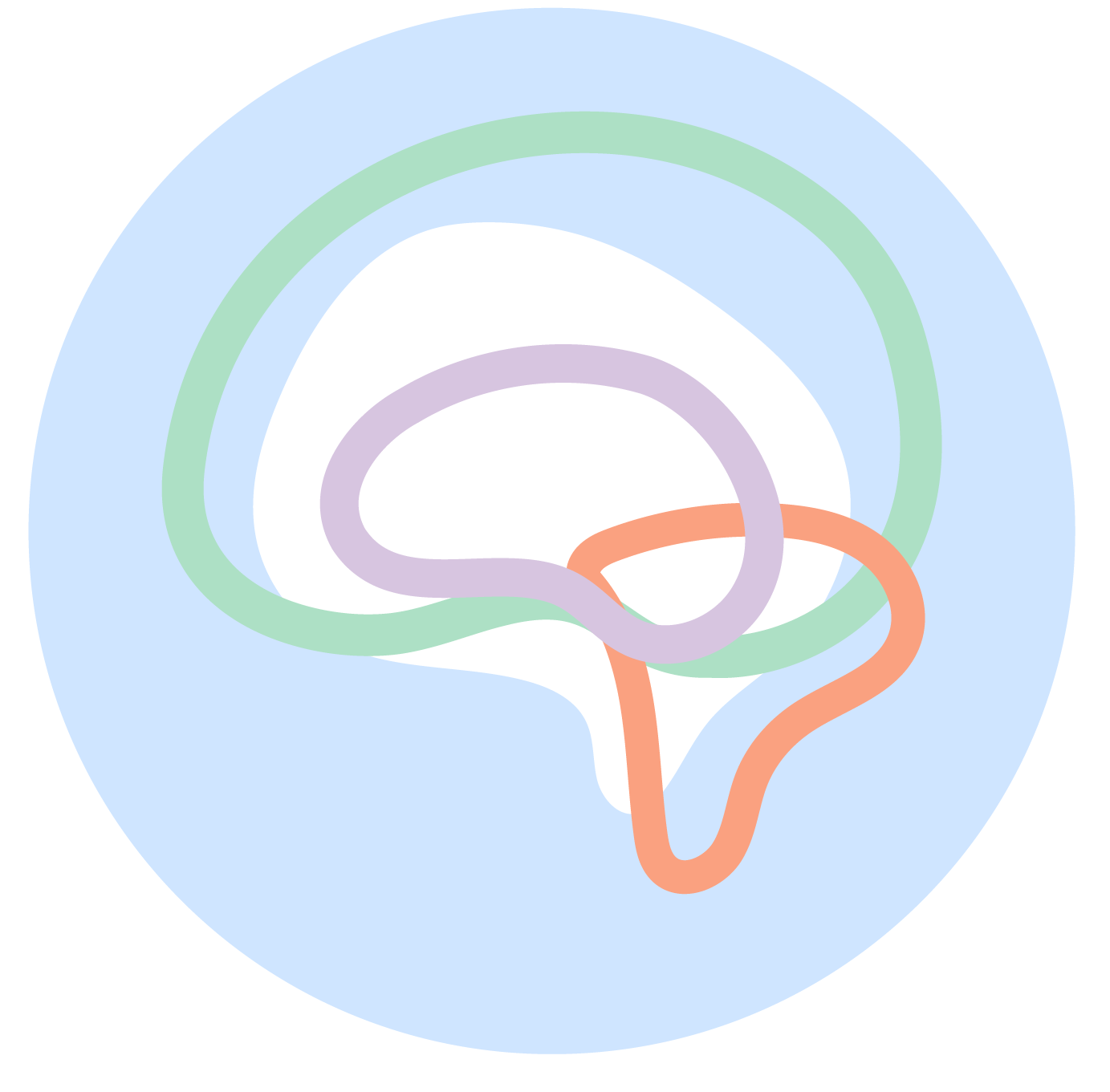Here comes the Olympics!
Ah the summer Olympic games, what a wonderful event full of cheer and excitement.
With thousands of competitors aiming to be a medalist, you can’t help but yell out “Bravo!” for even getting the chance to compete in this centuries old ritual.
But beyond the medals and records, there's a powerful story about how sports kindles with mental health, and how mastering one can help in mastery over the other.
The Mental Health Benefits of Sports
If you’ve ever been a part of a sports team or have exercised for a significant period of time, you’ll notice something odd happening.
Even though you are putting your body through physical stress, it sort of feels… good?
Why is that?
Research suggests that sports have a favorable impact on mental health.
The physical stress you’re going through is being interpreted as good stress (eustress) rather than bad stress (distress).
Whether you're jogging, playing tennis, or swimming laps, each burst of exercise helps to relieve stress, anxiety, and depression symptoms through the release of endorphins.
Furthermore, frequent exercise improves sleep quality, cognitive function, and self-esteem.
Every time you hit the gym or go for a run, it's as if your brain sets a new personal best!
Olympic Spirit and Mental Resilience
Now, what about the Olympic spirit?
Olympians demonstrate great physical condition, but their mental resilience is equally impressive.
Consider the pressure—years of preparation culminate in a few minutes or seconds on the global stage.
Not only does this require physical stamina, but also immense mental fortitude.
According to research published in 2020, professional athletes frequently use mental tactics such as visualization, goal-setting, and mindfulness to improve performance and cope with stress.
These tactics are not just for gold medalists; they are tools that everyone can use to overcome life's obstacles with grace and resolve.
Sport as a Social Connection
Aside from the individual benefits, sports promote a sense of community and belonging.
Whether you join a local soccer league or take a yoga class, sports allow you to interact with people who share your interests.
This social engagement is critical for mental health because it reduces feelings of loneliness and fosters a support network that extends beyond the gym or sports field.
During the Olympics, this spirit of worldwide solidarity is at its peak. Nations join to cheer for their athletes, celebrate diversity, and demonstrate the common language of sportsmanship.
It serves as a reminder that sports have the ability to bring people together across countries and backgrounds.
Integrating Sports
As we prepare for the summer Olympics, consider incorporating sports into your daily routine not only for physical fitness, but also for mental health.
No matter the sport, whether it be basketball, soccer, or cycling, you can find something that works for you.
And remember, the trip is as important as the destination.
Set reasonable goals, celebrate minor accomplishments, and don't hesitate to seek expert help if necessary.
Just as athletes rely on coaches and trainers, mental health practitioners can offer techniques to improve your overall well-being.
Wrap up
Finally, sports and mental health have a deep link that goes beyond competition and includes the joy of exercise, the thrill of achievement, and the strength of community.
As we cheer for our favorite Olympians this summer, let us also recognize the transformative potential of athletics in our own lives.
Whether you're encouraged to lace up your sneakers, dust off your racket, or simply applaud from the sidelines, keep in mind that every step, swing, and cheer helps to build a healthier mind and body.
”Mental Health isn’t just an athlete thing. This is an everyone thing" - Kevin Love

